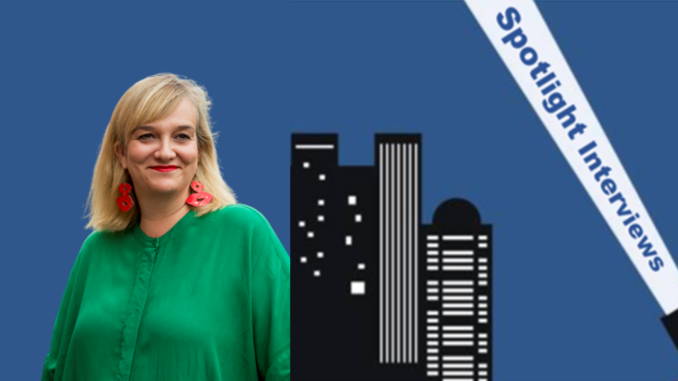
6.16.2021
Inga Latham is the chief product officer at SiteMinder, the world’s largest open hotel commerce platform. A veteran of boo.com and Yahoo!, OTAs, ticketing and financial services, she now drives the product strategy, implementation, launch and optimization programs for SiteMinder’s 35,000 customers around the world. She recently shares her perspective on where she sees hotel technology headed, SiteMinder’s shifting vision and the keys to remaining innovative in today’s rapidly-changing world.
Covid-19 has had an immense impact on the travel industry globally. Has it changed the way that SiteMinder is thinking about its products?
It has both affirmed our vision and made us think even more deeply about how we add value. We’ve stayed close to the experience of our customers through Covid, and what this has taught us is that every extra dollar of revenue driven, and every minute saved, is a win for hoteliers right now. Our industry has come a long way since April 2020, when the SiteMinder World Hotel Index showed that booking volumes had dropped to less than 10% of their 2019 levels, but regardless of whether markets are seeing strong recovery or not, hoteliers are looking to tech to help them get back on the front foot.
From this perspective, Covid has been a catalyst for us to truly deliver on our product vision, from one that’s about helping our hotels acquire new domestic and international guests, to one that’s about helping them to drive better business and customer outcomes by operating more intelligently and efficiently.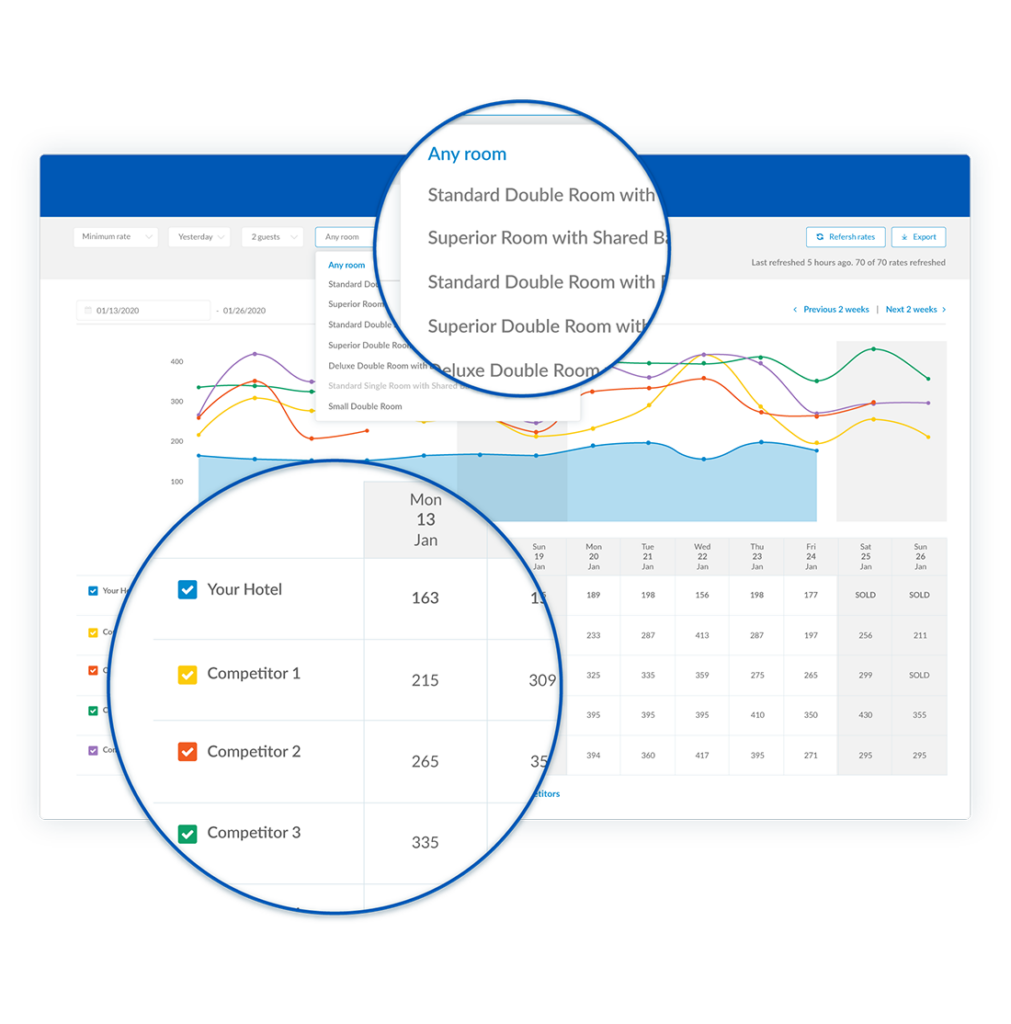
Our tech is helping hoteliers to deliver critical end-to-end management across operations as well as marketing and distribution capabilities. It’s helping them to create a new website, understand pricing across competitors, find the latest apps to extend their capabilities, rank well in Google Hotel Ads and metasearch sites such as Trivago as well as OTAs, process payments, and much more. We are now the platform that allows hoteliers to feel supported in everything they do as a business, and we deliver this both through our own best-of-breed solutions and our ecosystem of more than 1200 partners. This is why we’ve repositioned from being purely about guest acquisition, to being about hotel commerce more broadly; running a successful accommodation business is about much more than simply attracting guests to come and stay.
What role is technology playing in the recovery of the hotel sector currently, and how have you seen tech evolve to meet the needs of hoteliers?
As the industry recovers from Covid-19, we’re seeing the rate of tech adoption amongst accommodation businesses accelerate. Additionally, we’re seeing a growing intolerance for technology that offers no returns or flexibility, or is complex for complexity sake. More than ever, hoteliers demand simplicity along with choice. It’s our job to provide this, along with assurance of stability, security and scalability.
In the last 15 months, many hoteliers have been forced to do more with less, and so technology has the opportunity to help do some of the leg work and to provide an insight into how to build a better business, whether that is driving revenue or creating a better guest experience. A good example is a product that SiteMinder recently launched called Multi-Property, designed specifically for hotel groups and chains. One aspect of this product is that it allows hotels with multiple properties to centralize the management of their rates and distribution—previously a very manual and decentralized task—and the initial feedback about the efficiencies and opportunities it’s creating has been super encouraging to hear.
For Minor Hotels, one of the largest hotel chains in the world, having a single way of auditing their properties has saved them the time of 10 or more people that would normally be dedicated to the task, and for Quest Apartment Hotels in Australia, putting a new rate strategy in place across their 170-strong property portfolio has shifted from a 160-hour task to a task that takes five minutes, which is quite mind-blowing.
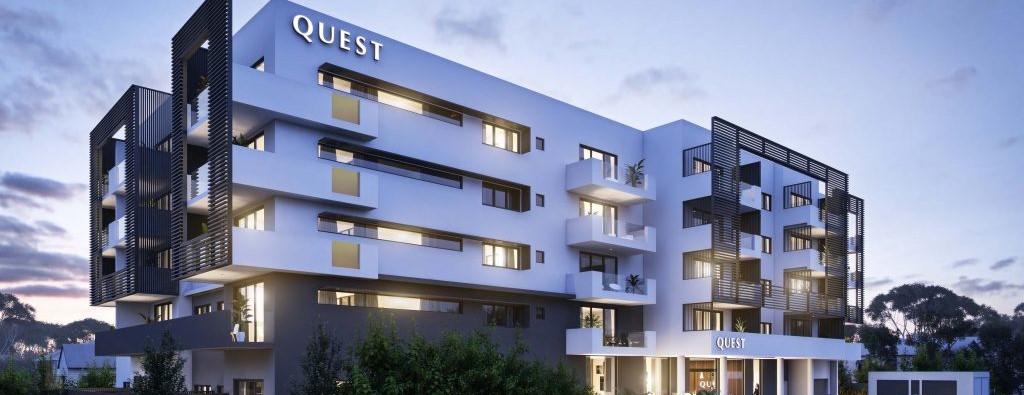
How do you see the hotel technology landscape shifting across the next three to five years, and what challenges does hotel technology face?
Our collective aim as an industry should always be to provide tech that empowers hoteliers to succeed in an ever-changing, unpredictable landscape. Looking forward and anticipating shifts and needs, as well as reacting thoughtfully to unforeseen events (like a global pandemic!), should be constant.
Across the next three to five years, I believe we’ll see growth in solutions that enable hotels to make more informed decisions, based on data around their business objectives and their past, current and potential guests. Future solutions will increasingly create smarter hoteliers, rather than harder working ones. I think we’ll also likely see the continued advancement of marketplaces, such as the Hotel App Store, where hoteliers can easily shop for and connect the specific products they need, from guest messaging solutions to customer survey tools, in one central hub.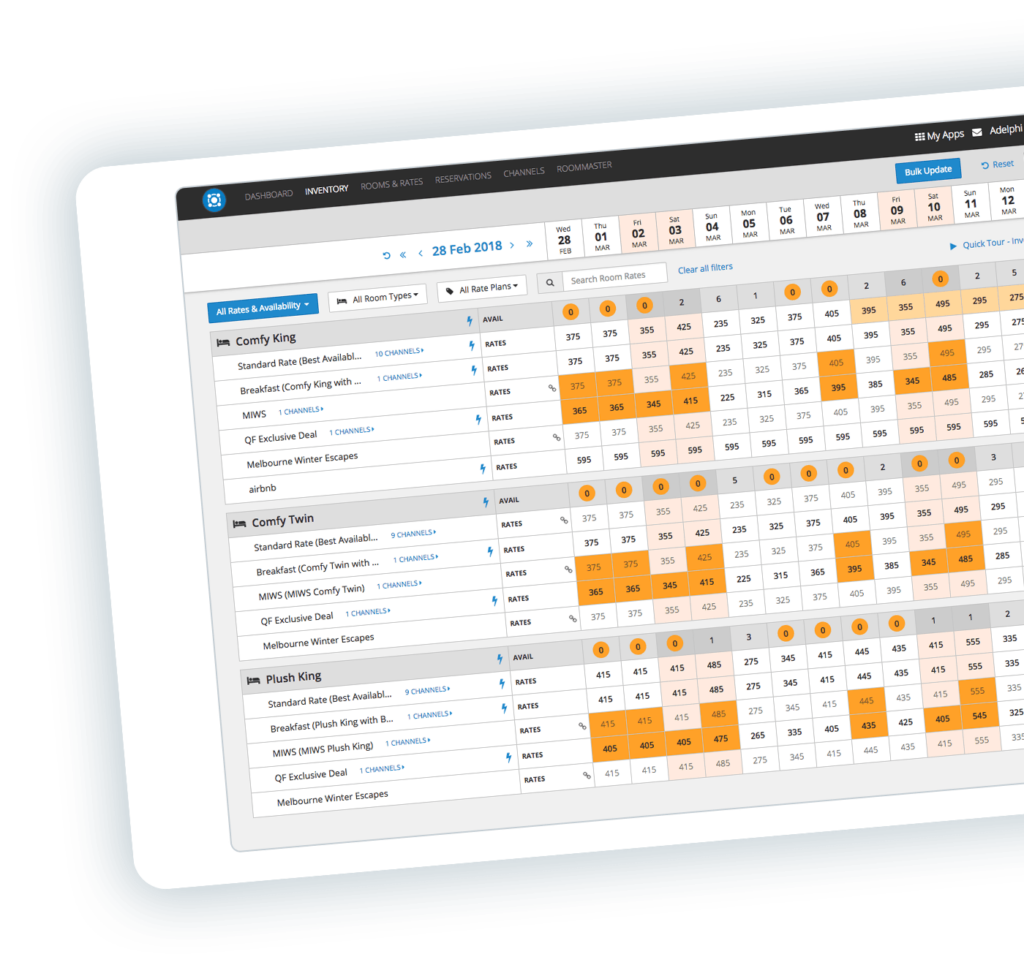
In terms of our challenges, there are few industries in the world today that remain more fragmented than our own. We do have an opportunity to solve for this, however, and create a more open flow of data through every system that hoteliers use – something that SiteMinder has led successfully over many years now.
SiteMinder has launched several major initiatives this year. Are there key traits that connect every great product?
I think the teams would say: sweat. There is plenty of effort that goes into the designing, building, iterating and launch-to-market of a great product. And it is very much a team effort.
For me, a great product is one that solves a customer problem or provides a solution for an unmet need. If you can create a unique experience around a solution that both surprises and delights the user, you’re onto a winner. It’s as simple (and as difficult) as that.
What’s it like to lead the product for an established industry leader? How do you make sure that you continue innovating?
Leading the product for an established industry leader is of course an honor. SiteMinder has had an incredible almost-15-year journey now, from being founded in a small rental apartment in 2006, to in a normal year processing over 105 million reservations, worth over $35 billion for hotels in 160 countries. It’s a pretty wild story. The business also has a long history of disruption, so embracing that grants permission for my team to continue to evolve and push boundaries.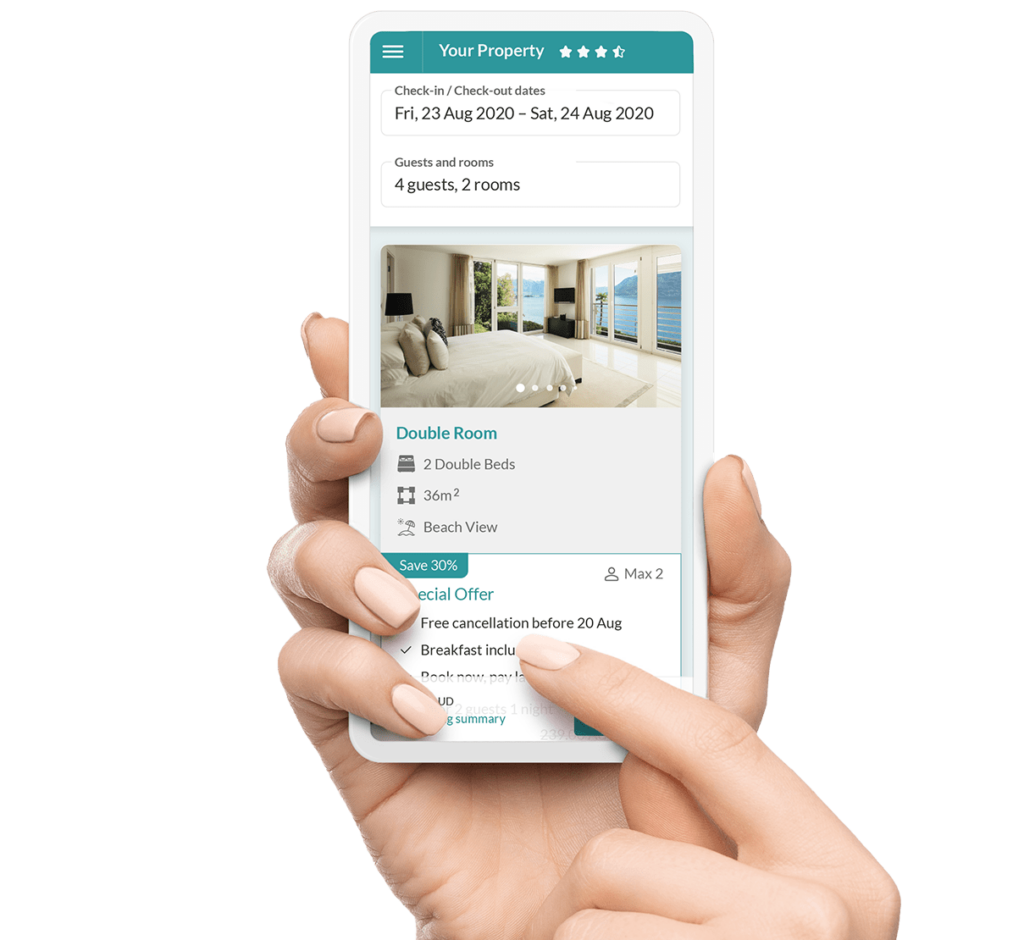
Generally, though, I think continued innovation comes down to a few things:
Knowing your customer. Make an effort to deeply understand your customers and empathize with their current and future pain points. This is key.
Knowing your industry. Listen to the subject matter experts. Listen to the agent provocateurs. Look out for structural influences. Read widely and stay in touch with what’s happening beyond your vertical. Adjacent and even seemingly unrelated industries can be a great inspiration for new ideas.
Empowering your people. Hire good people and support them. I love to work in a group, as I like the process of “riffing” and building off of each others’ ideas, so a strong team is very important to me. Even if you are a lone genius, eventually you’ll run out of hours and/or great ideas, so you need a great team.
Looking forward and taking risks. Don’t rely on past glories. Focus on the future state that you’d love to see come to life and occasionally take a calculated leap off a cliff.
What have been your biggest personal learnings across the past 15 months? What do you believe will be some of the lasting memories of this period in your career?
I am genuinely amazed by the adaptability of people and how whole new ways of working and living have spawned seemingly overnight. However, I think we are still figuring out what this means for work and life going forward.
Mostly, I will remember the volume and clarity of communication required when people are not able to interact face-to-face. It’s like putting on a live show every day.


